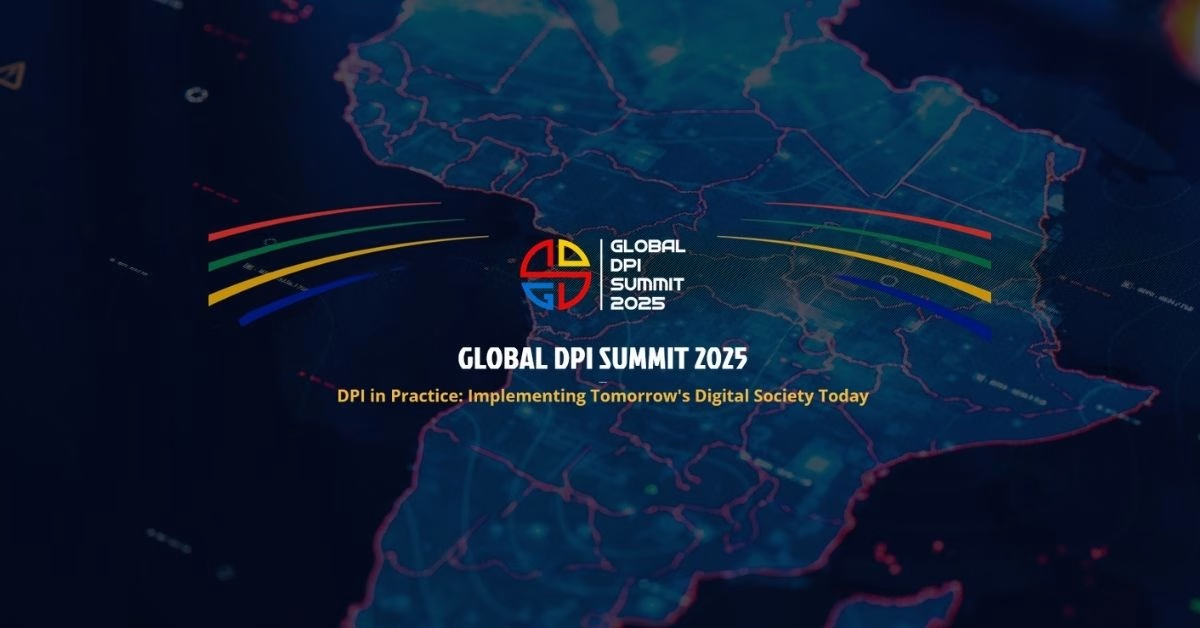ISO standards training and implementation specialist develops targeted strategy to ensure institutions get a clean bill of health from the Auditor-General of South Africa
In his state of the nation address (SONA) in February, South African President Cyril Ramaphosa announced that 10 000 Technical Vocational Education and Training (TVET) college graduates would be offered workplace experience to improve their prospects of finding employment once they conclude their studies.
In addition, the department of higher education and training (DHET) has established entrepreneurship hubs at TVET colleges to support students to be self-employed after completion of their programmes.
While this is clearly a step in the right direction given South Africa’s dire unemployment rate of 34.9%, it does require that TVET colleges themselves are administered effectively.
The Technical Vocational Education and Training Colleges Governors’ Council (TVETCGC) is concerned that many TVET colleges are performing poorly with the Auditor-General of South Africa (AGSA), particularly when it comes to aspects of governance and finance.
The AG’s 2020/21 audit outcomes for DHET pointed out that some TVET colleges were not submitting required documentation on time or even at all, and college infrastructure assets were not being completely recorded. Further, there was often irregular expenditure at certain colleges.
Though these issues are alarming, they are not insurmountable, and the TVETCGC is adopting a proactive stance in addressing them.
On the 4th of February, FASSET, in partnership with the TVETCGC, launched a capacity building programme at Umfolozi TVET College in Richards Bay. This programme, catering to 50 colleges in nine provinces, was delivered in the form of workshops implemented by World Wide Industrial and Systems Engineers (WWISE).
In attendance at the launch were DHET Director-General Dr Nkosinathi Sishi, chairperson of portfolio committee on Higher Education, Science and Technology, Nompendulo Mkhatshwa, South African College Principals Organisation (SACPO) president Sanele Mlotshwa, TVET CGC president Sthembiso Khanyile and FASSET CEO Ayanda Mafuleka. Representatives from the Office of the AGSA were also present.
In his keynote address, WWISE managing director, lead auditor, industrial engineer and ISO specialist Muhammad Ali gave an overview of the future of audits and how effective auditing contributes to business success.
He also emphasised the importance of not being afraid to make decisions, provided policies, processes and procedures were thoroughly understood.
“This goes back to SONA where the president stated we need to cut a lot of the regulations and red tape that are preventing us from growth, as we are over-governed because of the levels of insecurity in our processes and people,” Ali told guests.
Since the launch, the WWISE team has been traversing the country visiting colleges in the various provinces to explain why effective governance is necessary and learning more about each institution’s challenges.
From these engagements, WWISE has been able to produce a report on what solutions can be offered over a three-year period:
Year 1: : WWISE will conduct workshops with TVET operational staff to develop and create frameworks that will enable the TVET colleges to function at optimal level. This is to assist in understanding the AGSA audit process, terms and how to be able to justify compliance and conformance.
Year 2: A team will assist by using technology to develop tools and systems to create a robust framework to help the theory learnt in Year 1.
Year 3: Aim for a clean audit from the AGSA.
To ultimately ensure colleges receive clean audits, WWISE, in partnership with FASSET, has set itself a number of goals. These include.
- A strategic programme orientation workshop for the TVETCGC, DHET, AGSA and TVET college councils and management will be developed and facilitated. The workshops will provide relevant knowledge necessary to effectively design and enhance integrated strategic governance, risk and compliance activities across TVET colleges.
- Institutional Capacity Auditing will facilitate systematic and continuous quality development and improvement in higher education and enhance institutional capacity to plan, act and report on quality related objectives and achievements
- A strategy will be developed with stakeholders to clearly outline the audit and risk management at colleges. WWISE will bring comprehensive, structured training to TVET colleges for anyone currently involved or looking to get involved in the financial management of a TVET College. WWISE will also support the implementation of structures and best practices into the live business environment, following up with a practical audit simulation. These findings will be presented to FASSET as a gauge of how far each TVET college has come.
- As part of the goal to embed effective governance and management of audits and risk at colleges, all parties involved in financial, risk and audit processes will learn how corporate governance is the framework that dictates how an organisation is directed and controlled. TVET colleges will be skilled in the preparation of reports that are compliant with the Generally Recognised Accounting Practices (GRAP) or the International Financial Reporting Standards (IFRS).
- A sound finance management and audit and risk management information system will be implemented for each college whereby they will be empowered to use various best practices borrowed from ISO 31000 (risk manager training) as well as COSO (Committee of Sponsoring Organisations of the Treadway Commission that tackles corporate fraud) to classify, identify, evaluate, measure and manage risk.
- A key milestone is the development of an audit and risk operations management framework for CFOs nationally. This will enable the CFOs protect against potential losses of competitive advantage, business opportunities, and even legal risks as well as to identify, assess, monitor and report the risks to which an organisation may be exposed.
- WWISE will help TVET businesses to develop business continuity processes in order to eliminate disaster management impact from events such as Covid-19 and implement a system that allows colleges to continually improve their systems.
Ali says the overall goal is to equip and enable TVET teams to approach their next AGSA audit with the confidence that comes from knowing the correct financial discipline has been applied and that the financial statements will comply with all Public Finance Management Act requirements.
“The financial statements of a business tell the story of how well it is managed. This is the goal and dream that FASSET SETA has for all TVET colleges.”











